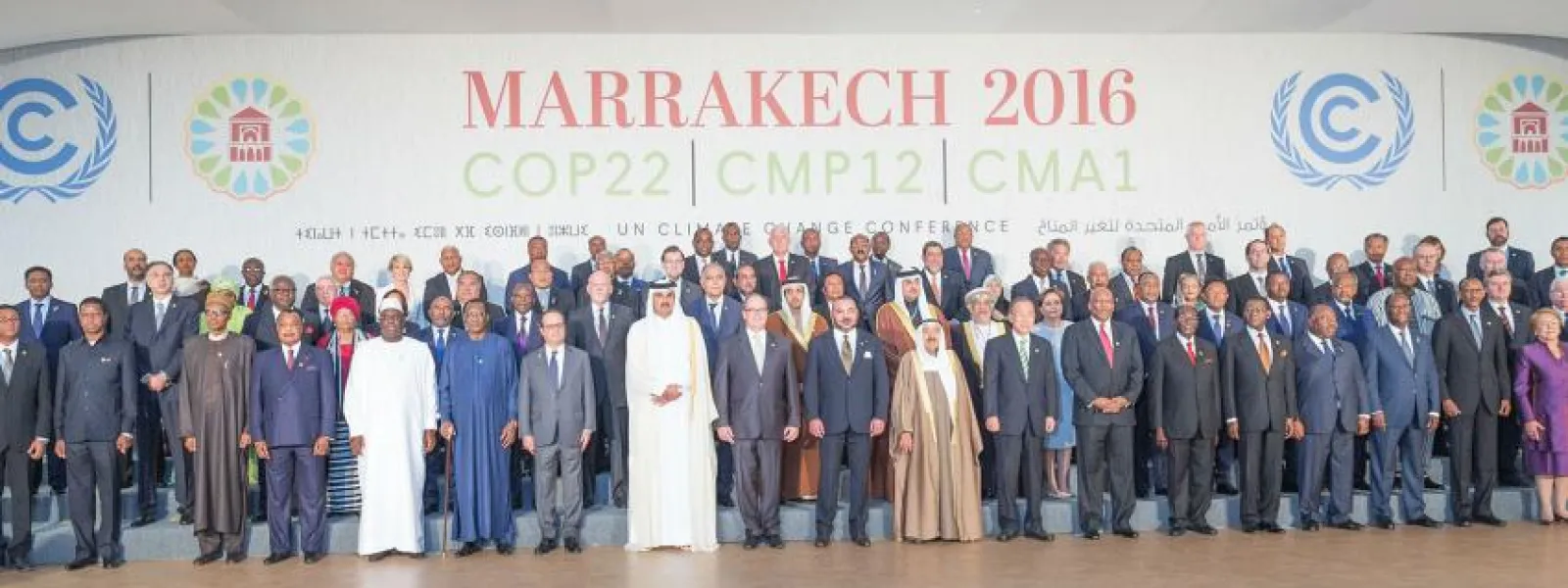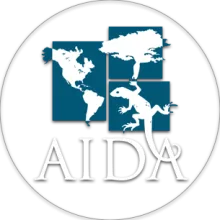
Climate finance advances, but lacks ambition
Credit: ICSCThe 22nd Conference of the Parties to the United Nations Framework Convention on Climate Change (COP22) was held in Morocco from November 7-18, 2016. The delegates made progress on issues related to finance for developing countries facing the impacts of climate change. But their decisions needed to be more ambitious. Global governments must provide adequate and predictable financial contributions so countries can plan and execute adaptation and mitigation strategies.
COP22 was the first climate conference held after the Paris Agreement became binding on November 4. In Marrakech, signatory countries began to establish procedures to implement the new global accord.
“The meeting sent a strong political message to the world: the commitments established under the Paris Agreement will stand above the results of the US presidential elections, whose winner has denied the very existence of climate change,” said Andrea Rodriguez, AIDA attorney and civil society participant in the climate negotiations.
Funding the fight against climate change
Important progress was made at COP22 in terms of climate finance, a key component in the global fight against climate change. Developing countries presented a roadmap for mobilizing $100 billion per year by 2020, a commitment made in the Paris Agreement. Although the plan is valid, the contributions of developed nations must be even more ambitious to achieve the financial target and ensure that economic resources will be available when required.
Important recommendations were made to the Green Climate Fund—the largest fund for climate adaptation and mitigation. They focused on increasing direct access to funding and simplifying the process of accessing funds. But the recommendations did not, as hoped, focus on helping to develop and implement climate plans agreed under the Convention (such as Nationally Appropriate Mitigation Actions, National Adaptation Programs of Action, and Intended Nationally Determined Contributions).
Together with our allies, AIDA organized two side events to share views on progress made in the Green Climate Fund, from the perspective of several actors involved in the process. The panelists emphasized the need to strengthen national governments’ capacities to plan and design funding proposals based on each country’s priority needs. Such increased capacity would allow developing countries not to rely on outside entities to make decisions with far-reaching consequences for the environment and national economies. Emphasis was also placed on the importance of including non-governmental actors in decisions about how to use climate finance, so more comprehensive and legitimate proposals can be produced. The event educated a wide variety of participants from organizations and governments, and provided an opportunity for them to exchange views with the Secretariat and with Accredited Entities on ways to improve processes ahead.
The fate of the Adaptation Fund, which was created under the Kyoto Protocol to support adaptation activities in developing countries, was uncertain throughout the two weeks of COP22 negotiations. Fortunately, Parties decided that the Adaptation Fund will also serve to implement the Paris Agreement. Its continuity was guaranteed thanks to an infusion of $81 million from four developed nations (Germany, Belgium, Italy and Sweden).
In terms of long-term financing, Parties decided to prioritize the mobilization of public resources and guarantee financial support for adaptation actions, with greater participation of the private sector. We were also hoping the Parties would make new financial commitments for the post-2020 period, but this did not happen.
AIDA Staff

Founded in 1998, AIDA is a nonprofit environmental law organization that works across international borders to defend threatened ecosystems and the human communities that depend on them.
